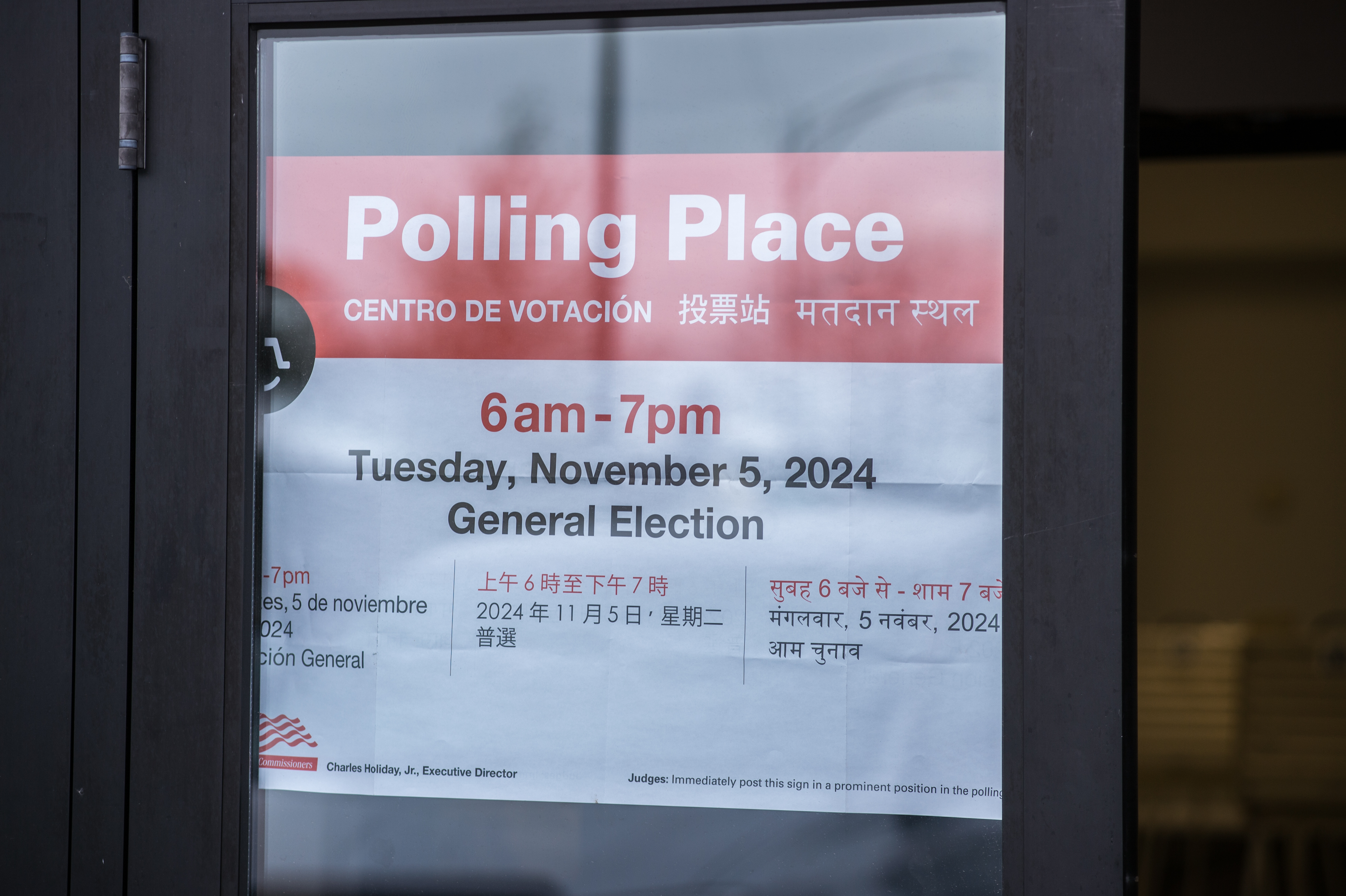
It may feel like summer just got underway, but residents in the Chicago area are roughly halfway through the warmest season of the year, and fall is right around the corner.
In fact, if you’re a meteorologist, fall is bearing down within a matter of weeks.
Here’s what you need to know.
Astronomical vs. Meteorological Fall
Meteorologists and astronomers have different definitions of fall, or autumn, and it’s based on what they’re using to measure the passage of time.
In the case of meteorologists, their primary interest is recordkeeping in terms of weather and temperature, and as a result each new season begins on the first date of a month. With that in mind, meteorological fall starts on Sept. 1.
As for astronomers, they’re interested in knowing the date that the sun is directly over the Earth’s equator, giving roughly equal day and night hours to a large majority of the planet, according to NASA.
Local
That date generally occurs in late September, giving us the fall equinox.
So When is the First Day of Fall?
Feeling out of the loop? We'll catch you up on the Chicago news you need to know. Sign up for the weekly Chicago Catch-Up newsletter.
In 2024, fall will officially begin in the Chicago area at approximately 7:43 a.m. on Sunday, Sept. 22, according to Time and Date.
Even though the fall equinox is a date that typically has roughly equal amounts of daylight and nighttime hours, the Chicago area will see approximately 12 hours and eight minutes of daylight on the equinox given its distance from the equator.
What Daylight Milestones Are Coming Up?
Currently, the sunrise time in Chicago is 5:48 a.m., with sunset occurring at 8:03 p.m.
This means we will get our first pre-8 p.m. sunset of the summer on Thursday, the earliest the sun has set since early May according to Time and Date.
Chicago will dip below 14 hours of daylight on Aug. 12, and that number will only continue to shrink for the rest of the calendar year.
By the time the fall equinox arrives, Chicago will be seeing 12 hours and eight minutes of daylight, falling below 12 hours on Sept. 25.



